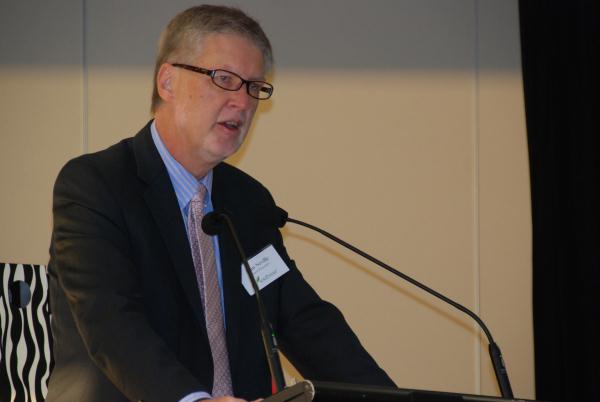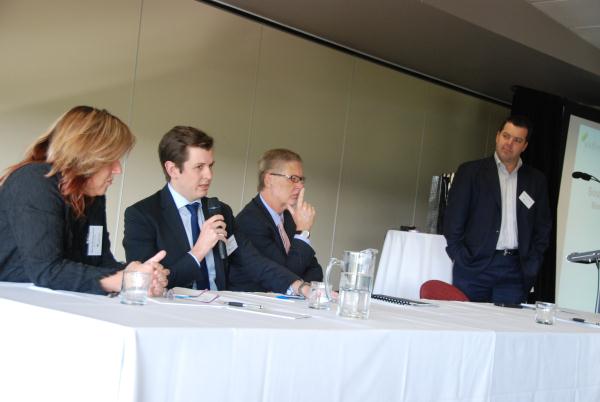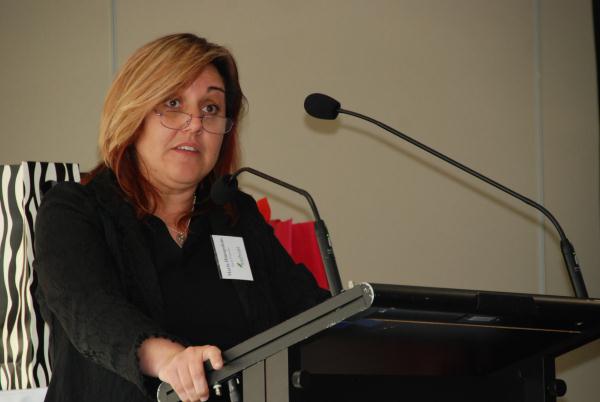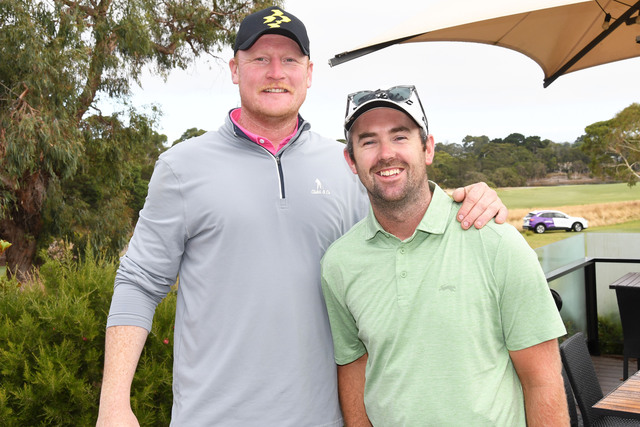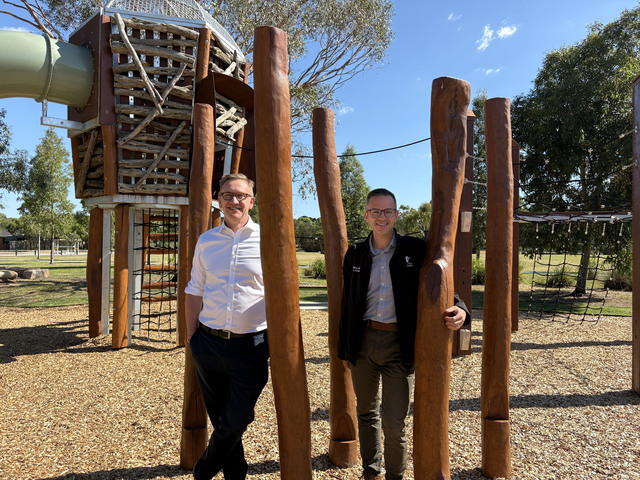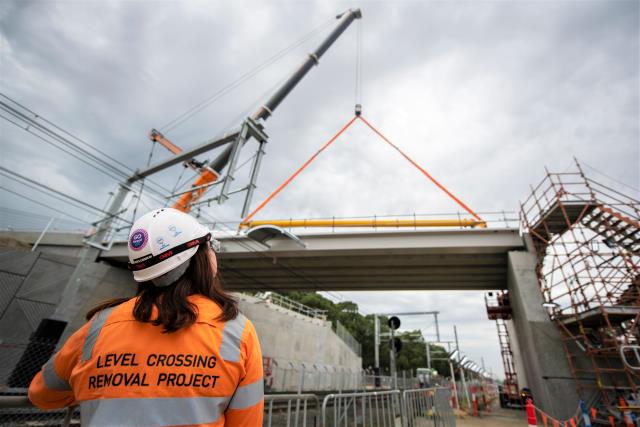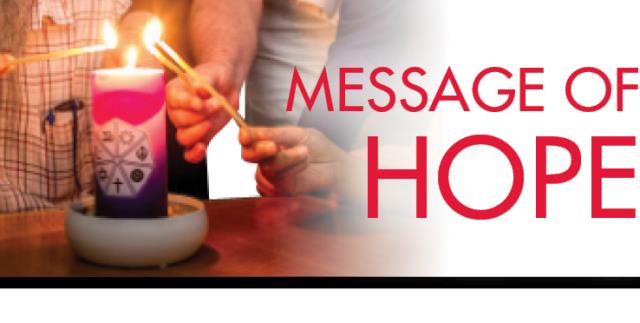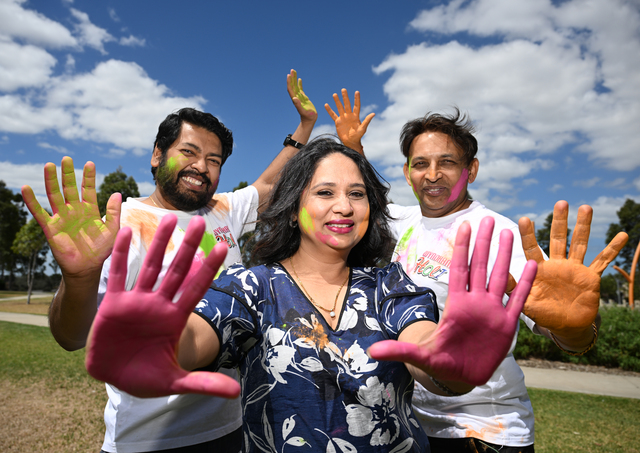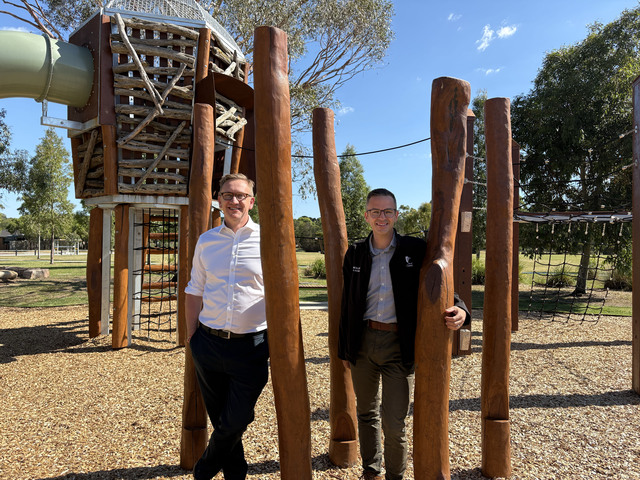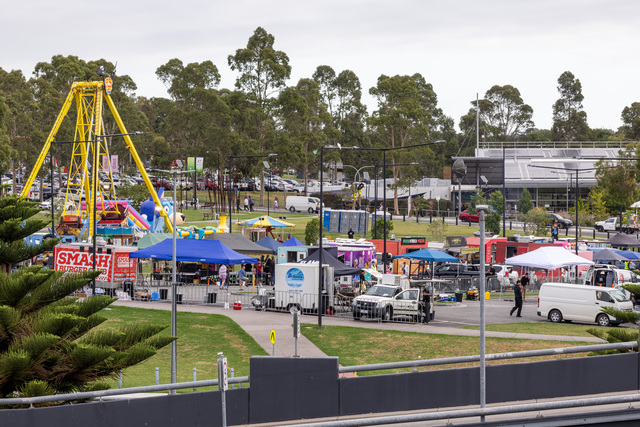By CASEY NEILL
EMPLOYERS in the south east need to tap into the migrant workforce for its future employees.
That was the key message from the South East Business Networks (SEBN) breakfast at Sandown Racecourse on 23 May.
“It’s about our future workforce,” SEBN manager Sandra George said in her introduction to the presentation.
“Where will we get it, and will it have the skills to meet employer demand?”
Ivan Neville from Department of Education, Employment and Workplace Relations (DEEWR) spoke about demographics.
He said figures showed Greater Dandenong’s biggest challenge was around disengaged young people.
There are high levels of 20 to 24-year-olds not working, studying or looking for work.
“Attachment to a job is a key issue in unemployment,” he said.
“The longer you don’t have a job, the harder it is to get back in.”
Mr Neville said many children in the area had parents who did not work.
“If the children see their parents not going to work, they think it’s normal and generational unemployment is inevitable,” he said.
He said education was a key to breaking this cycle, but Certificate III or IV training was better than an “esoteric university degree”.
Mr Neville said there were great opportunities for employment in the health sector, with the ageing population a key driver.
He said the area’s employers underutilised its migrant population.
“They are either not working or they are working in lower skills,” he said.
“It’s the ‘taxi driver syndrome’.
“These people are wasted in our labour market and in our economy.”
He said this was because many of their qualifications were not recognised and their English proficiency was lacking.
But he said employers had to make better use of these people to free up lower-skilled jobs for other job-seekers, and there needed to be a focus on giving them employability skills like team work and communication.
Maria Dimopoulos, from diversity, equal opportunity, human rights, cultural change and leadership consultancy MyriaD, reiterated these points.
But she said assumptions could be one of the greatest barriers to tapping in to the wealth and talent that existed.
“We need to appreciate the complexities of identity, understanding,” she said.
“So much of that is bound up in our cultural perception of what those qualities look like.
“Most of your waking hours are spent in states of semi-consciousness. Most of the time we’re on autopilot.”
She said people worked on assumptions, a “certainty bias”.
“We need to look beyond that,” she said.
So Ms Dimopoulos said employers needed to develop their understanding of cultural differences and look beyond citizenship to country of birth and ethnicity to avoid faux pas.
She gave the example of a company communicating with a partner from Iraq and requesting an Iraqi translator when there is no Iraqi language. They did not know which language to ask for.

